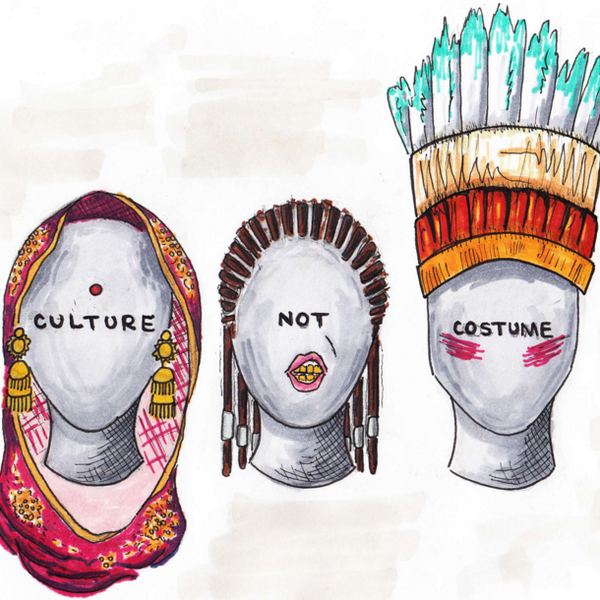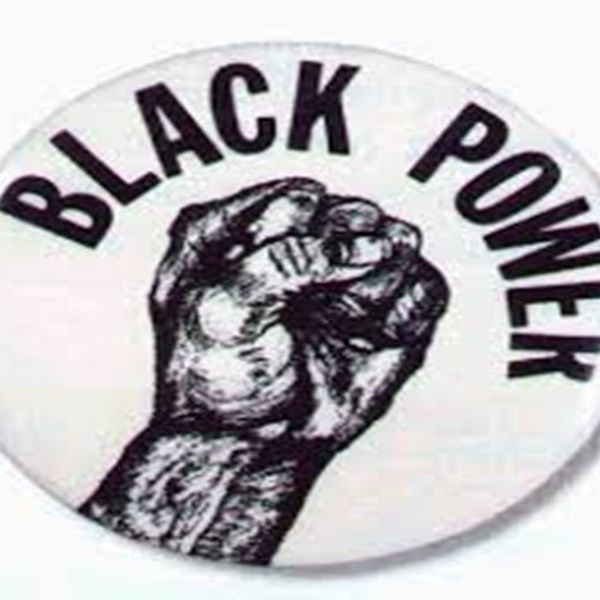In an article entitled, “Black America, Please Stop Appropriating African Clothing and Tribal Marks,” Zipporah Gene explores the idea of cultural appropriation within the Diaspora, posing the question: Can Black Americans appropriate African culture? In the article, Gene compares Black Americans wearing “Fulani septum rings,” “djellaba,” and “Yoruba-like tribal marks,” to “white Australian [guys] with dreadlocks;” calling both “a right mess of regional, ethnic and cultural customs [screaming of] ignorance and cultural insensitivity.” Gene explains that “words such as fancy dress, mockery, and profiteering are thrown around quite freely, but no one seems to realize that this self same violation is committed against us Africans — all under the guise of tribal fashion and connecting to The Motherland.” Gene adds,“If you don’t dress like that every day, or have any REAL affiliation, then please tell me how it isn’t fancy dress?” Gene explains that her displeasure peaked after seeing pictures of Black people don African attire at Afropunk, a music festival and safe space for Black people involved in “alternative” music culture.
While Gene raises an interesting idea, ultimately her argument lacks context and nuance in 5 ways:
1. You can’t blame the violent erasure of the meaning behind African clothing on Black Americans.
Black Americans are African people shipped to America violently and against our will. Traditionally, we've been punished for celebrating our ancestry and culture – and we still are. In fact, Afropunk was created as an alternative to white music scenes doing just this. While many of Black Americans haven't been formally educated in the complexities of African culture, we attempt to celebrate this part of our identity as a desperate attempt to grasp at something denied to us through centuries of forced assimilation, terrorism and oppression.
2. Black Americans aren't the only ones who attend Afropunk…
Many of the people attending Afropunk are directly tied to the culture they’re partaking in.
3. What perks do Black Americans get by donning African attire?
It’s important to acknowledge that Black people aren’t getting some special advantage for wearing traditionally African clothing. Afropunk is a space where Black people can celebrate our Blackness, but if we showed up to job interviews wearing Afropunk attire – or in some places, just walked down the street – we’d be rejected and ridiculed.
4. If we cannot claim “African” as part of our identity, then what does that leave us with?
By asserting that Black Americans don't "have any REAL affiliation" with African culture, Gene asks Black Americans to completely relinquish any hold to that part of our identity. And if we have no claim to African tradition, history, adornment, or fashion, then our only option is to aesthetically assimilate into whiteness.
5. African-Americans are… surprise! AFRICAN.
One cannot appropriate their own culture. Black Americans were robbed – most of us can’t trace our lineage to a specific country or ethnic group, and are subsequently unaware of African customs, religions, and "appropriate" casual attires – but should this negate our African identity?
Don’t get me wrong, it’s understandable to be frustrated with the ignorance that shrouds African culture and tradition.
But hell, Black Americans are frustrated, too!
We didn't choose to be unaware of these things; that knowledge has been systemically and violently denied to us.

























